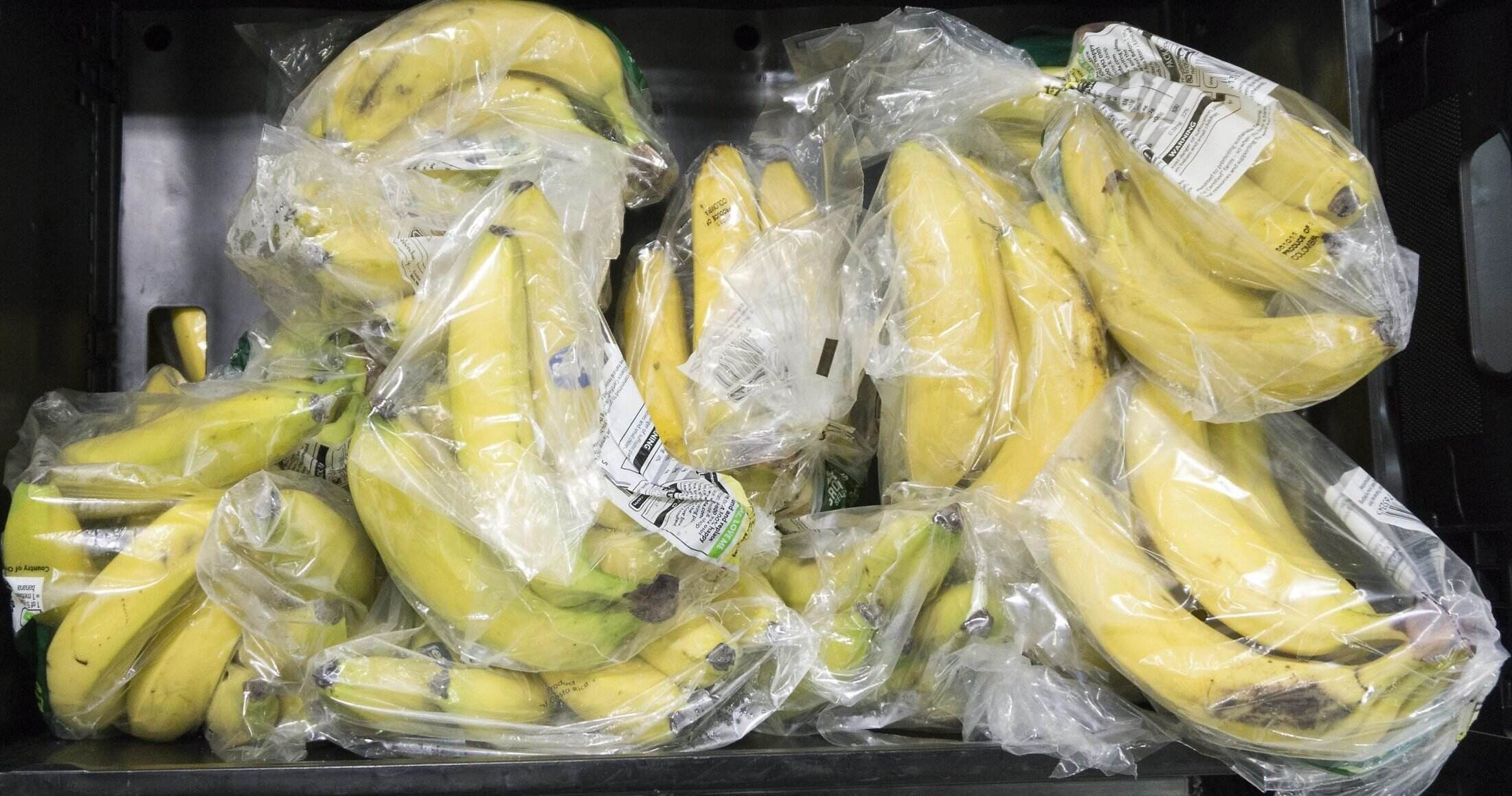

Articles
How To Store Bananas In Summer
Modified: December 7, 2023
Learn effective ways to store bananas during the summer months and keep them fresh for longer. Read our informative articles on banana storage techniques.
(Many of the links in this article redirect to a specific reviewed product. Your purchase of these products through affiliate links helps to generate commission for Storables.com, at no extra cost. Learn more)
Introduction
Welcome to summer, the season of sun, beach trips, and refreshing fruits. One fruit that is beloved by many, especially during this time of year, is the banana. Its sweet taste and natural energy boost make it a go-to snack for people of all ages. However, if you want to fully enjoy the deliciousness of bananas throughout the summer, it’s crucial to know how to store them properly.
Proper banana storage is important not only for maintaining their flavor and texture but also for preventing them from spoiling too quickly. We’ve all experienced the disappointment of finding brown, mushy bananas in our fruit bowl, and learning how to store them correctly can help avoid this unfortunate fate.
In this article, we will explore the ideal ways to store bananas during the summer months to ensure their freshness and extend their shelf life. Whether you prefer to keep them on the counter, in the refrigerator, or utilize other storage options, we’ve got you covered. So let’s dive in and discover the secrets to keeping your bananas perfectly ripe all summer long.
Key Takeaways:
- Proper banana storage in summer is crucial to maintain freshness, prevent premature ripening, and reduce food waste. Ideal temperature, avoiding direct sunlight, and choosing the right storage option are key factors to consider.
- Extending the shelf life of bananas can be achieved through simple practices such as separating bananas, using lemon juice, and freezing overripe bananas. These strategies help maximize freshness, flavor, and minimize waste.
Read more: How To Store A Banana
Importance of Proper Banana Storage in Summer
Proper banana storage is crucial during the summer months because higher temperatures can accelerate the ripening process and cause bananas to spoil more quickly. Bananas are ethylene producers, meaning they release a natural gas that aids in the ripening of fruits. When exposed to warmer temperatures, this gas production increases, causing the bananas to ripen at a faster rate.
If bananas are not stored properly, they can quickly turn overly ripe, with brown spots appearing on the skin and a mushy texture. This can be disappointing for banana lovers who enjoy firm and slightly green bananas. Additionally, if bananas are not stored correctly, they may attract fruit flies and other pests that can speed up the spoilage process and make them inedible.
Proper banana storage also helps to maintain the nutritional value of this fruit. Bananas are a great source of potassium, dietary fiber, and vitamins, making them a healthy snack choice. By storing them correctly, you can ensure that they retain their nutrient content and remain a nutritious option for consumption.
Moreover, wasting bananas due to improper storage is not only an inconvenience but also has an environmental impact. Discarding spoiled bananas contributes to food waste, which is a significant issue globally. By learning how to store bananas correctly, you can minimize waste and make the most of your fruit.
Overall, understanding the importance of proper banana storage in summer is essential to enjoy fresh, delicious bananas throughout the season. By taking a few simple steps to store your bananas correctly, you can prolong their shelf life, maintain their quality, and ultimately, reduce food waste.
Ideal Temperature for Storing Bananas
Temperature plays a crucial role in determining the shelf life and quality of bananas. To keep your bananas fresh and delicious, it is important to store them at the ideal temperature. The optimal temperature for storing bananas is between 58 to 65 degrees Fahrenheit (14 to 18 degrees Celsius).
At this temperature range, bananas will ripen slowly and evenly, allowing you to enjoy them over a longer period. If the temperature is too cold, it can cause the banana peel to turn black and interfere with the ripening process. On the other hand, if the temperature is too warm, it can speed up the ripening process, leading to overripe and mushy bananas.
If you are using a fruit bowl or countertop to store your bananas, make sure to keep them away from direct sunlight and any sources of heat, such as stoves or ovens. Direct sunlight and excess heat can cause bananas to ripen too quickly and spoil.
If you prefer to store bananas in the refrigerator, keep in mind that the low temperature can change the texture of the banana peel, making it turn brown. However, the fruit inside will still be perfectly fine to eat. If you buy bananas that are already ripe or approaching overripeness, storing them in the refrigerator can help slow down the ripening process and extend their shelf life by a few days.
In summary, the ideal temperature for storing bananas is between 58 to 65 degrees Fahrenheit (14 to 18 degrees Celsius). By observing this temperature range, you can ensure that your bananas ripen gradually and maintain their freshness and quality for a longer period.
Avoiding Direct Sunlight
When it comes to proper banana storage, one of the key factors to consider is avoiding direct sunlight. Bananas are sensitive to heat and light, and exposure to direct sunlight can accelerate the ripening process and cause them to spoil faster.
Direct sunlight not only increases the temperature around the bananas but also exposes them to UV rays, which can break down the enzymes and pigments in the fruit. This can lead to discoloration, mushiness, and an unpleasant taste.
To protect your bananas from direct sunlight, follow these tips:
1. Choose the right storage location: Place your bananas away from windows, skylights, or any other areas where they might be exposed to direct sunlight. Opt for a cool and shaded spot in your kitchen or pantry.
2. Use a fruit bowl with a cover: If you prefer to store your bananas on the countertop, consider using a fruit bowl with a cover or a mesh dome. This will shield the bananas from both direct sunlight and airflow, keeping them fresh for a longer time.
3. Wrap the bananas: If you notice that your bananas are ripening too quickly due to exposure to sunlight, you can individually wrap each banana in a piece of plastic wrap. This will create a barrier between the fruit and the sunlight, slowing down the ripening process.
4. Rotate the bananas: If your kitchen receives some sunlight, it’s a good idea to rotate the bananas periodically, so each side gets equal exposure. This will help prevent uneven ripening and ensure that all the bananas stay fresh and flavorful.
By taking these precautions to avoid direct sunlight, you can protect your bananas from ripening too quickly, maintain their quality, and extend their shelf life. Remember, a cool and shaded environment is the ideal condition for storing bananas and preserving their deliciousness for as long as possible.
Choosing the Right Banana Storage Option
When it comes to storing bananas, there are a few different options to consider. Each option has its benefits and considerations, so it’s important to choose the one that suits your needs and helps maintain the freshness of your bananas.
Here are some popular banana storage options:
- Countertop: Storing bananas on the countertop is a convenient and traditional method. It allows the bananas to ripen naturally and is ideal if you prefer to consume them within a few days. However, it’s important to ensure that the countertop is away from direct sunlight and heat sources to prevent quick ripening and spoiling.
- Refrigerator: If you have ripe or overripe bananas that you want to extend the shelf life of, storing them in the refrigerator can be a good option. The cool temperature of the fridge slows down the ripening process. However, the banana peel may turn brown in the refrigerator, although the fruit inside will remain perfectly fine to eat.
- Banana hangers or hooks: Banana hangers or hooks are designed specifically for banana storage. They allow the bananas to hang freely, preventing them from becoming bruised or mushy. This option is great for those who prefer their bananas firm and slightly green. Banana hangers also help keep the bananas separated from other fruits, reducing the risk of accelerated ripening.
- Fruit bowls or baskets: Fruit bowls or baskets with ample airflow can be a suitable option for storing bananas. They allow the fruit to ripen naturally while providing a convenient and visually appealing display. Make sure to choose a bowl or basket that is large enough to prevent overcrowding and bruising of the bananas.
- Banana bags: Banana bags are designed to create a controlled environment for storing bananas. They help to regulate temperature, moisture, and airflow to extend the shelf life of the fruit. Banana bags are particularly useful for those who like to buy bananas in bulk and enjoy them over a longer period.
When choosing the right banana storage option, consider factors such as the desired ripeness level, the number of bananas you have, and your preferred storage method. Remember to monitor the bananas regularly and make adjustments as needed to maintain their freshness and quality.
No matter which storage option you choose, it’s important to avoid storing bananas near ethylene-sensitive fruits like apples, pears, or avocados. These fruits release ethylene gas, which can accelerate the ripening process of the bananas and cause them to spoil faster.
By selecting the appropriate storage option and following the recommended guidelines, you can ensure that your bananas stay fresh, flavorful, and ready to enjoy whenever you desire.
Read more: How To Store Sliced Bananas
Storing Bananas on the Counter
Storing bananas on the counter is a convenient and popular method that allows the fruit to ripen naturally and be easily accessible for snacking. Here are some tips to help you effectively store bananas on the counter:
- Choose the right stage of ripeness: When selecting bananas to store on the counter, consider the desired ripeness level. If you prefer firmer bananas, choose ones that are slightly green or with a few yellow spots. If you prefer sweeter and riper bananas, go for those with more yellow color and brown speckles. Remember that bananas will continue to ripen after they are harvested.
- Keep bananas away from direct sunlight and heat: Ensure that the area where you store your bananas is away from direct sunlight and any sources of heat, such as stoves or ovens. Direct sunlight and excess heat can accelerate the ripening process and cause bananas to spoil quickly.
- Separate bananas from each other: Bananas release ethylene gas, which can cause nearby fruits to ripen faster. To prevent accelerated ripening, keep each banana separate from the bunch. You can do this by gently separating them or using a banana hanger or hook.
- Monitor and rotate the bananas: Check the bananas regularly for ripeness and freshness. If you notice one banana becoming too ripe, remove it from the bunch and consume or store it separately. Additionally, rotate the bananas periodically to ensure that each side receives equal exposure, which helps prevent uneven ripening.
- Use a fruit bowl or basket: Place your bananas in a fruit bowl or basket to prevent them from rolling around and getting bruised. Opt for a bowl or basket with ample airflow to allow proper ventilation and prevent moisture buildup that can accelerate ripening.
Remember that bananas stored on the counter will continue to ripen over time. If you have bananas reaching the desired level of ripeness and are unable to consume them, you can transfer them to the refrigerator to slow down the ripening process and extend their shelf life. However, keep in mind that the banana peel may turn brown in the refrigerator, although the fruit inside will still be perfectly fine to eat.
By following these tips, you can successfully store bananas on the counter and enjoy them at their optimal ripeness. It’s a convenient and easy method that allows the bananas to ripen naturally while keeping them readily available for a healthy and delicious snack or ingredient in various recipes.
Store bananas in a cool, dry place away from direct sunlight. To extend their shelf life, you can also wrap the stems in plastic wrap to slow down the ripening process.
Storing Bananas in the Refrigerator
If you have ripe or overripe bananas that you want to extend the shelf life of, storing them in the refrigerator can be a viable option. However, it’s important to be aware that the cool temperature of the refrigerator can affect the texture and appearance of the banana peel. Here are some tips for storing bananas in the refrigerator:
- Select the right bananas: Choose bananas that are already ripe or slightly overripe. Green or unripe bananas may not ripen evenly in the refrigerator.
- Place the bananas in a plastic bag: Put the bananas in a plastic bag or wrap them individually in plastic wrap to help retain moisture and prevent them from absorbing odors from other foods in the refrigerator.
- Keep the bananas away from other fruits: Bananas produce ethylene gas, which speeds up the ripening process. To avoid this, store bananas separately from other fruits that are sensitive to ethylene, such as apples, pears, and berries.
- Be mindful of the banana peel: The cool temperature of the refrigerator can cause the banana peel to turn brown. However, this does not affect the quality or taste of the fruit inside. If appearance is not a concern, you can disregard the color change and still enjoy the banana.
- Monitor and consume: Even though storing bananas in the refrigerator slows down the ripening process, it is still important to monitor them regularly. Check the bananas for any signs of spoilage and consume them within a reasonable timeframe.
Storing bananas in the refrigerator can extend their shelf life by a few days. This can be helpful if you have excess ripe bananas that you won’t be able to consume before they become too soft. You can use these refrigerated bananas in smoothies, baking, or as a frozen treat by blending or slicing them and freezing for later use.
Remember to use your senses when determining if a refrigerated banana is still good to eat. If it smells off, has a strange texture, or tastes unpleasant, it’s best to dispose of it. Trust your instincts when it comes to food safety.
By following these guidelines, you can make the most of your ripe or overripe bananas and enjoy them beyond their usual ripeness timeframe by storing them in the refrigerator. It’s a simple and effective method to reduce waste and ensure you always have a supply of bananas on hand for your favorite recipes and snacks.
Using Banana Hangers or Hooks
If you prefer to keep your bananas fresh for longer and prevent them from getting bruised or mushy, using banana hangers or hooks can be a great option. These specialized storage tools are designed to hang bananas, allowing for proper airflow and minimizing contact with surfaces that can cause damage. Here’s how to use banana hangers or hooks effectively:
- Select a sturdy banana hanger or hook: Choose a banana hanger or hook that can securely hold the weight of the bananas without bending or tipping over. Look for a durable material such as stainless steel or sturdy plastic.
- Hang the bananas individually: Gently separate the bananas from the bunch and hang them one by one on the hanger or hook. This ensures that each banana can ripen independently and prevents them from touching or causing bruising.
- Place the hanger or hook in a cool location: Find a suitable spot in your kitchen or pantry that is away from direct sunlight, heat sources, and other fruits. Ideally, choose a location with good air circulation to keep the bananas fresh and cool.
- Rotate the bananas: Periodically rotate the bananas on the hanger or hook to ensure even ripening. This helps to prevent one side of the banana from ripening faster than the other, resulting in a more consistent ripeness throughout.
- Keep bananas separated from other fruits: To avoid accelerated ripening caused by ethylene gas, it’s important to keep bananas separate from other fruits. Hang them away from fruits that are sensitive to ethylene, such as apples, pears, and strawberries.
Using banana hangers or hooks not only helps extend the shelf life of bananas but also keeps them visually appealing. The hanging position helps to maintain the natural curve of the fruit and minimizes the chance of developing brown spots or bruises.
Additionally, banana hangers or hooks are a space-saving option, as they can be hung from a hook or placed on a countertop without taking up much space. This makes them a convenient storage solution for those with limited kitchen storage areas.
By utilizing banana hangers or hooks, you can keep your bananas fresh, ripe, and ready to enjoy for a longer period. They offer a practical and visually appealing way to store your bananas while minimizing waste and maintaining their quality.
Avoiding Storing Bananas with Other Fruits
When it comes to storing bananas, it’s important to keep them separate from other fruits. Bananas release a natural gas called ethylene, which can accelerate the ripening process of nearby fruits. Storing bananas with other fruits can lead to premature ripening, over-ripeness, and spoilage. Here’s why you should avoid storing bananas with other fruits:
1. Ethylene sensitivity: Some fruits, such as apples, pears, and avocados, are highly sensitive to ethylene gas. When exposed to ethylene, these fruits undergo rapid ripening, which can shorten their shelf life and affect their texture and flavor. By keeping bananas separate from ethylene-sensitive fruits, you can slow down the ripening process and prolong the freshness of both types of fruits.
2. Uneven ripening: Mixing ripe and unripe fruits can result in uneven ripening. Bananas tend to release more ethylene gas as they ripen, which can cause nearby fruits to ripen faster than desired. This can be problematic if you prefer your fruits to ripen at different times or if you have a large quantity of fruit that cannot be consumed all at once.
3. Browning and spoilage: Storing bananas with other fruits can increase the chance of bruising, pressure spots, and physical damage due to contact. Bruised fruits are more susceptible to spoilage and may develop brown spots or mold. By keeping bananas separate, you can help maintain the quality and appearance of both the bananas and other fruits.
To avoid storing bananas with other fruits, here are some tips to keep in mind:
- Store bananas in a separate location: Designate a specific spot for your bananas that is separate from your other fruits. This could be a hanging banana hook, a countertop fruit bowl, or a dedicated section in your refrigerator.
- Monitor ripeness levels: Regularly check the ripeness of your fruits and separate any bananas that are overripe or too ripe from the rest. Consume or store these bananas separately to avoid speeding up the ripening process of other fruits.
- Use a breathable storage container: If you prefer to store fruits together, opt for a breathable storage container that allows for air circulation. This can help minimize the spread of ethylene gas and reduce the risk of accelerated ripening.
By following these guidelines, you can prevent unwanted ripening and spoilage of your fruits and ensure that each fruit stays fresh and flavorful. By keeping bananas separate from other fruits, you can extend their shelf life and enjoy each fruit at its best quality.
Read more: How To Store An Open Banana
Tips for Extending the Shelf Life of Bananas
Extending the shelf life of bananas is important for reducing waste and ensuring that you can enjoy them over an extended period. Here are some helpful tips to help you maximize the freshness and lifespan of your bananas:
- Separate bananas from the bunch: When you bring home a bunch of bananas, gently separate them from each other. This helps to prevent ethylene gas, which bananas naturally release, from accumulating and causing them to ripen too quickly.
- Wrap the stem ends: Covering the stem ends of bananas with plastic wrap can help slow down the ripening process. The stem is a critical area where ethylene gas is released, and by wrapping it, you can minimize the gas exposure and keep the bananas fresh for longer.
- Consider refrigeration: If you have ripe or overripe bananas that you won’t be able to consume in time, place them in the refrigerator. The cool temperature will slow down the ripening process. Although the peel may turn brown, the fruit inside will remain perfectly edible.
- Use lemon juice: Lemon juice can help delay the browning process of bananas. Before storing peeled or sliced bananas in the refrigerator, drizzle them with lemon juice. The acidity in the lemon juice will help preserve the color and freshness of the fruit.
- Freeze overripe bananas: If your bananas are too ripe to eat, consider freezing them for future use. Simply peel the bananas, cut them into chunks, and place them in a freezer-safe bag. Frozen bananas can be used for smoothies, baking, or even enjoyed as a frozen treat.
- Utilize banana bags or wraps: Banana bags or wraps are designed to create a controlled environment for bananas, helping to regulate temperature and minimize the release of ethylene gas. These specialized storage solutions can extend the shelf life of bananas by a few extra days.
- Store ripe bananas separately: If you have ripe bananas that you want to enjoy for a few more days, consider storing them separately from other fruits. This will prevent the release of ethylene gas from affecting the ripening process of other fruits and allow you to enjoy your ripe bananas at their own pace.
By following these tips, you can significantly extend the shelf life of your bananas and reduce waste. Whether it’s properly storing them, using lemon juice, or freezing them for later use, these strategies will help maintain the freshness, flavor, and appeal of your bananas for a longer period.
Conclusion
Proper banana storage is essential to ensure the freshness and quality of this beloved fruit, especially during the summer months. By following the right storage methods, you can extend the shelf life of bananas, prevent premature ripening, and reduce food waste.
When storing bananas, it’s crucial to consider the ideal temperature. Aim to store bananas between 58 to 65 degrees Fahrenheit (14 to 18 degrees Celsius) to slow down the ripening process and maintain their flavor and texture.
Avoiding direct sunlight is another key factor in proper banana storage. Sunlight and heat can accelerate the ripening of bananas and cause them to spoil quickly. Choose a cool and shaded location in your kitchen, use fruit bowls with covers, or even wrap each banana individually to shield them from direct sunlight.
Choosing the right banana storage option is also important. Whether you prefer to store your bananas on the counter, in the refrigerator, or on banana hangers or hooks, each method has its own advantages. Consider your preferences, desired ripeness level, and the amount of space available when deciding the most suitable option for you.
Avoid storing bananas with other fruits, as bananas release ethylene gas that can speed up the ripening process of nearby fruits. Separating bananas from other fruits helps to maintain their individual freshness and extend their shelf life.
Finally, implementing practices to extend the shelf life of bananas can further reduce waste and maximize your enjoyment of this nutritious fruit. From wrapping banana stems, using lemon juice to delay browning, to freezing overripe bananas for future use, these tips can help you make the most of your bananas and prevent unnecessary food waste.
In conclusion, by understanding and following the proper banana storage techniques, you can savor the taste of fresh and delicious bananas for longer. Whether you enjoy them as a quick and healthy snack or incorporate them into your favorite recipes, taking care of your bananas ensures that they remain a delightful treat throughout the summer and beyond.
Frequently Asked Questions about How To Store Bananas In Summer
Was this page helpful?
At Storables.com, we guarantee accurate and reliable information. Our content, validated by Expert Board Contributors, is crafted following stringent Editorial Policies. We're committed to providing you with well-researched, expert-backed insights for all your informational needs.
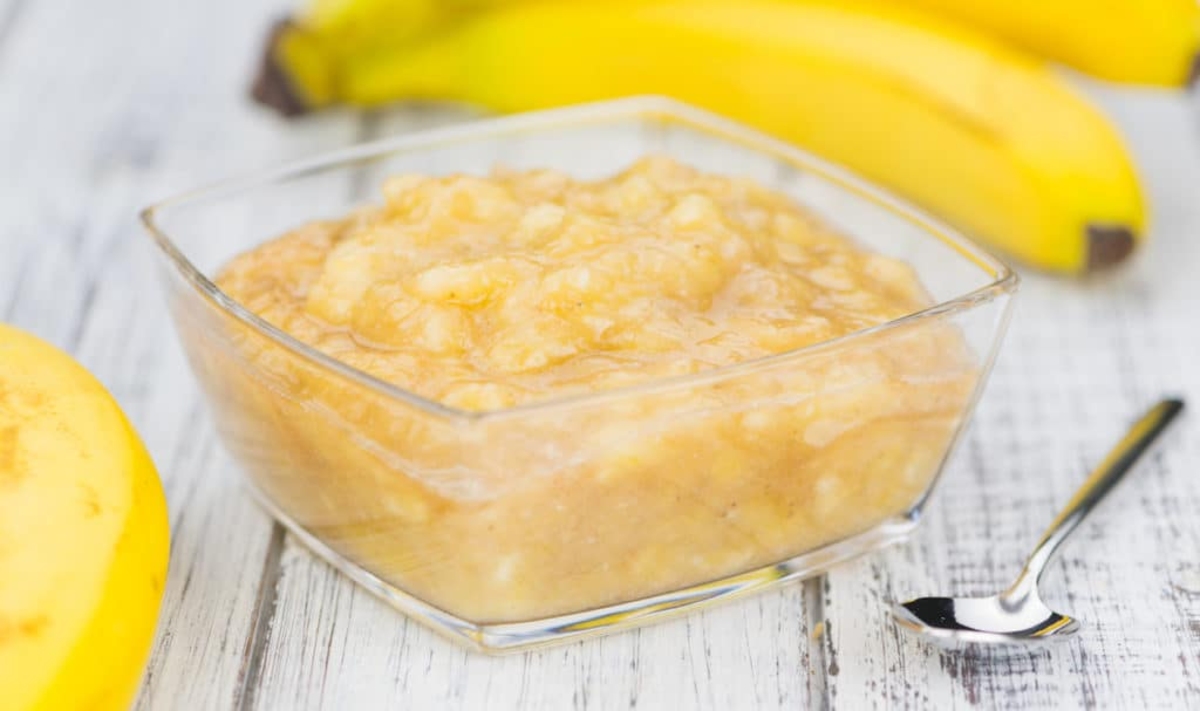
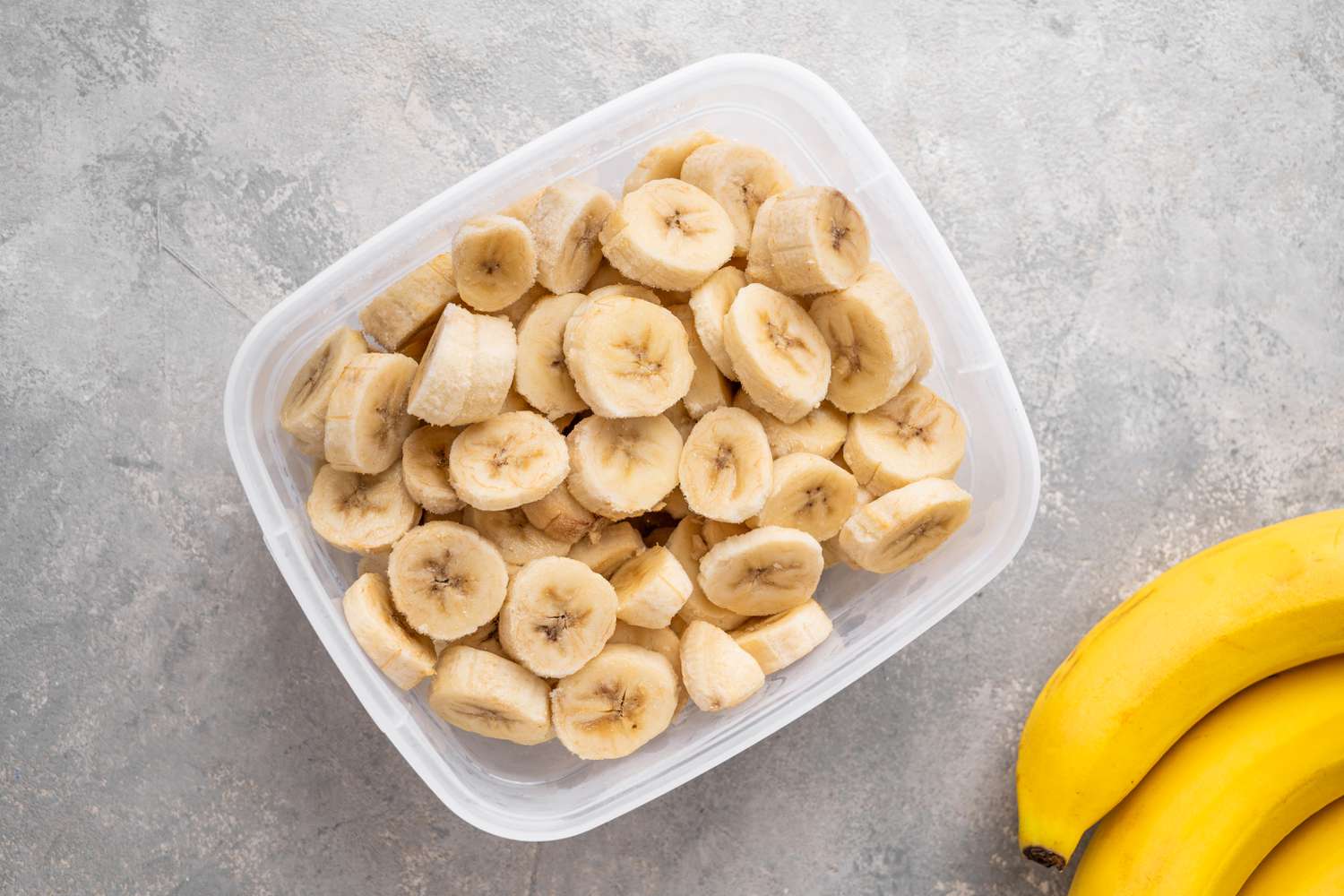
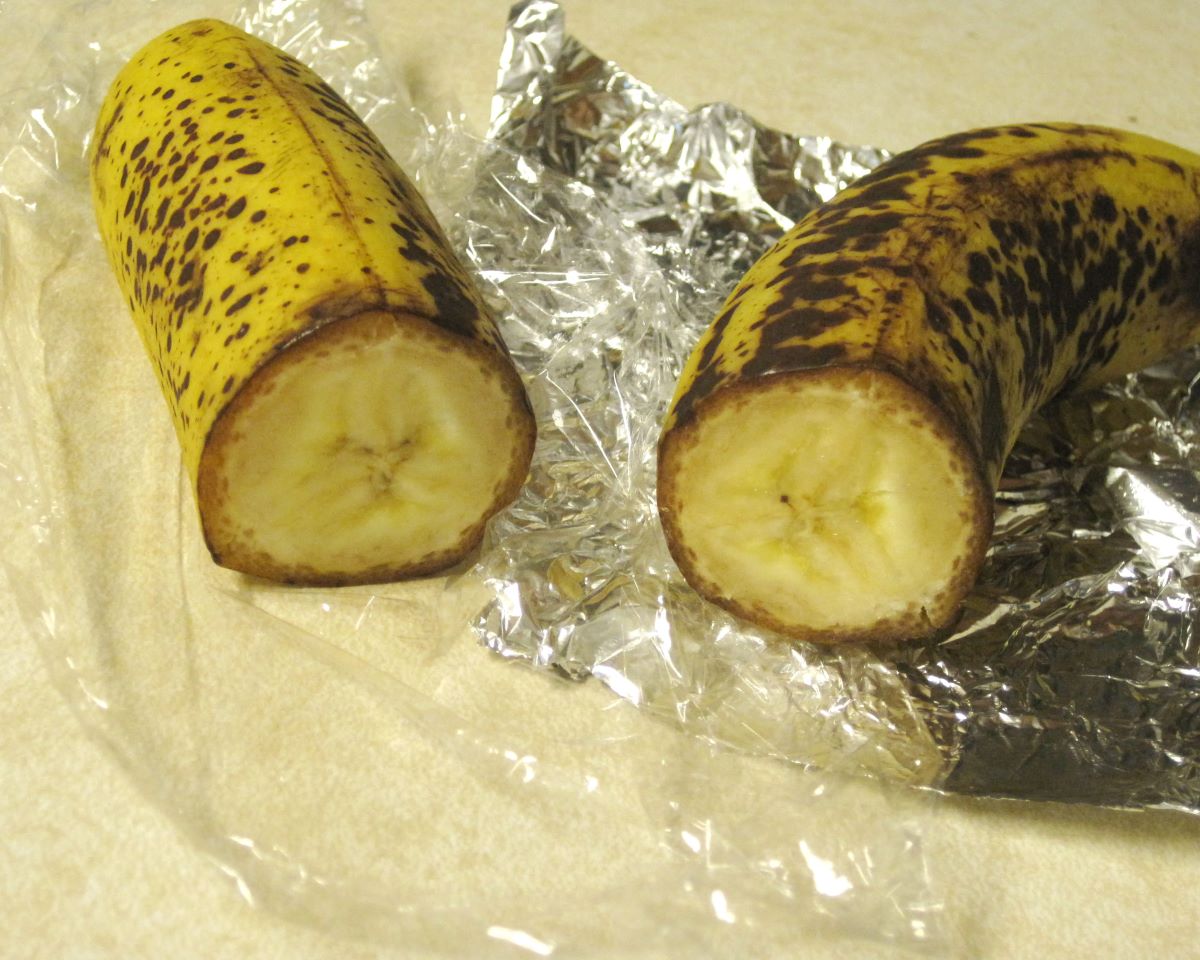
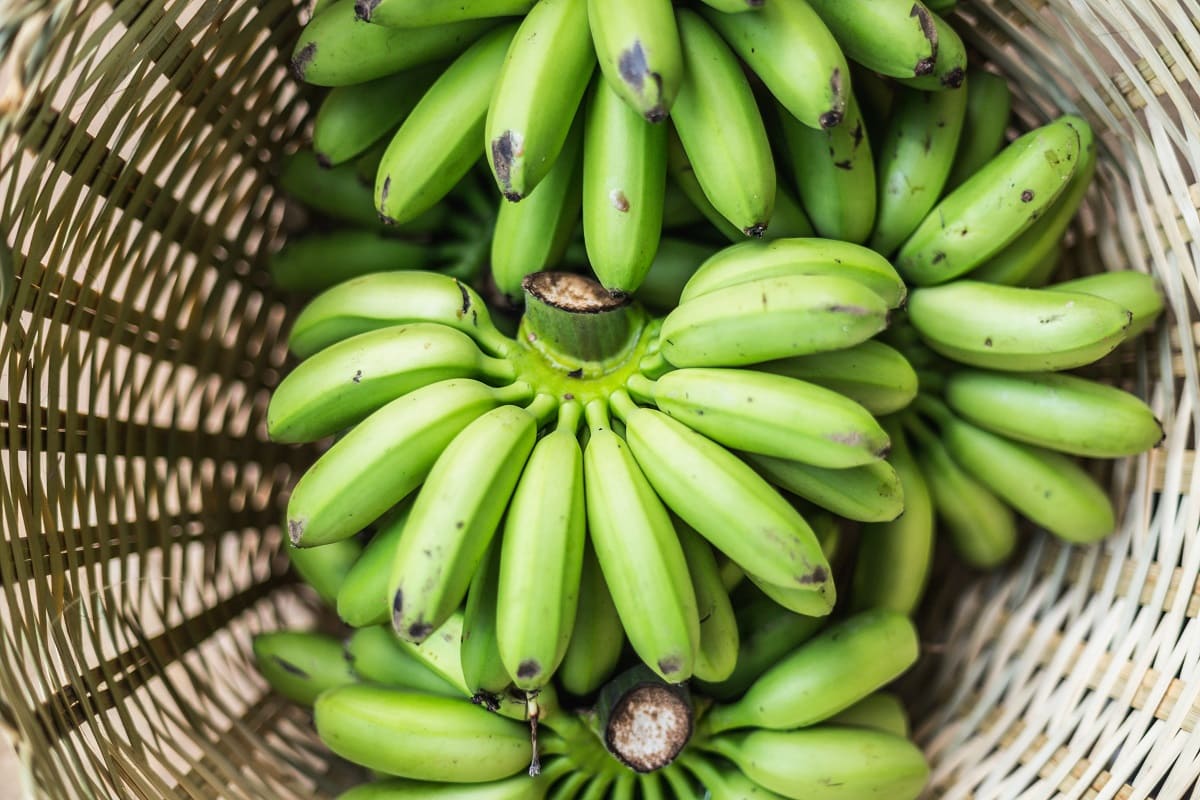
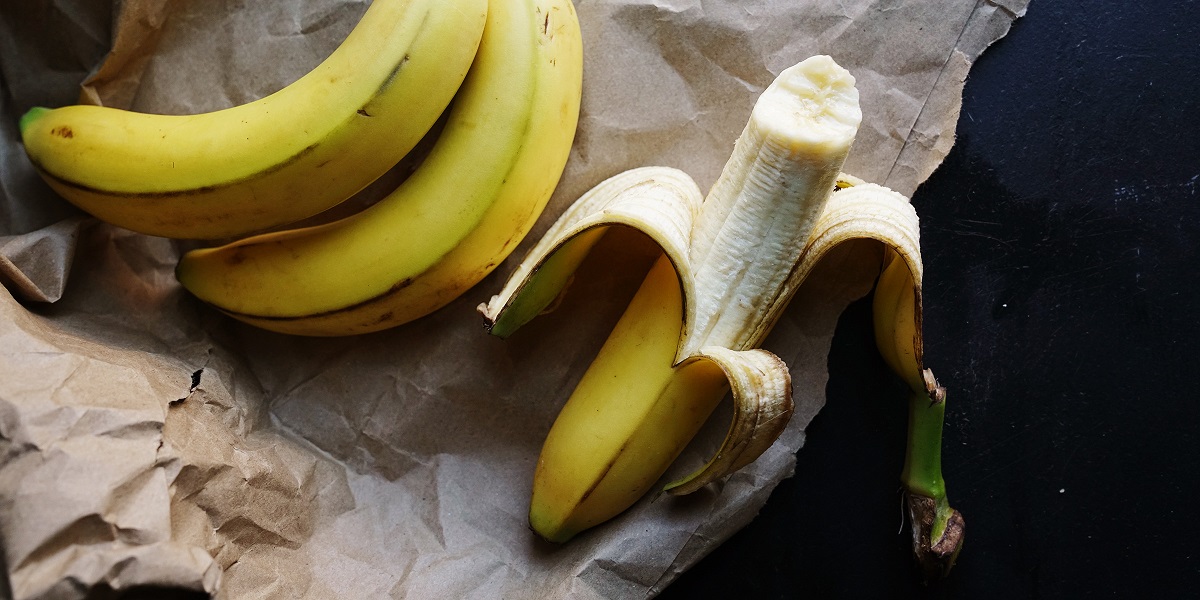
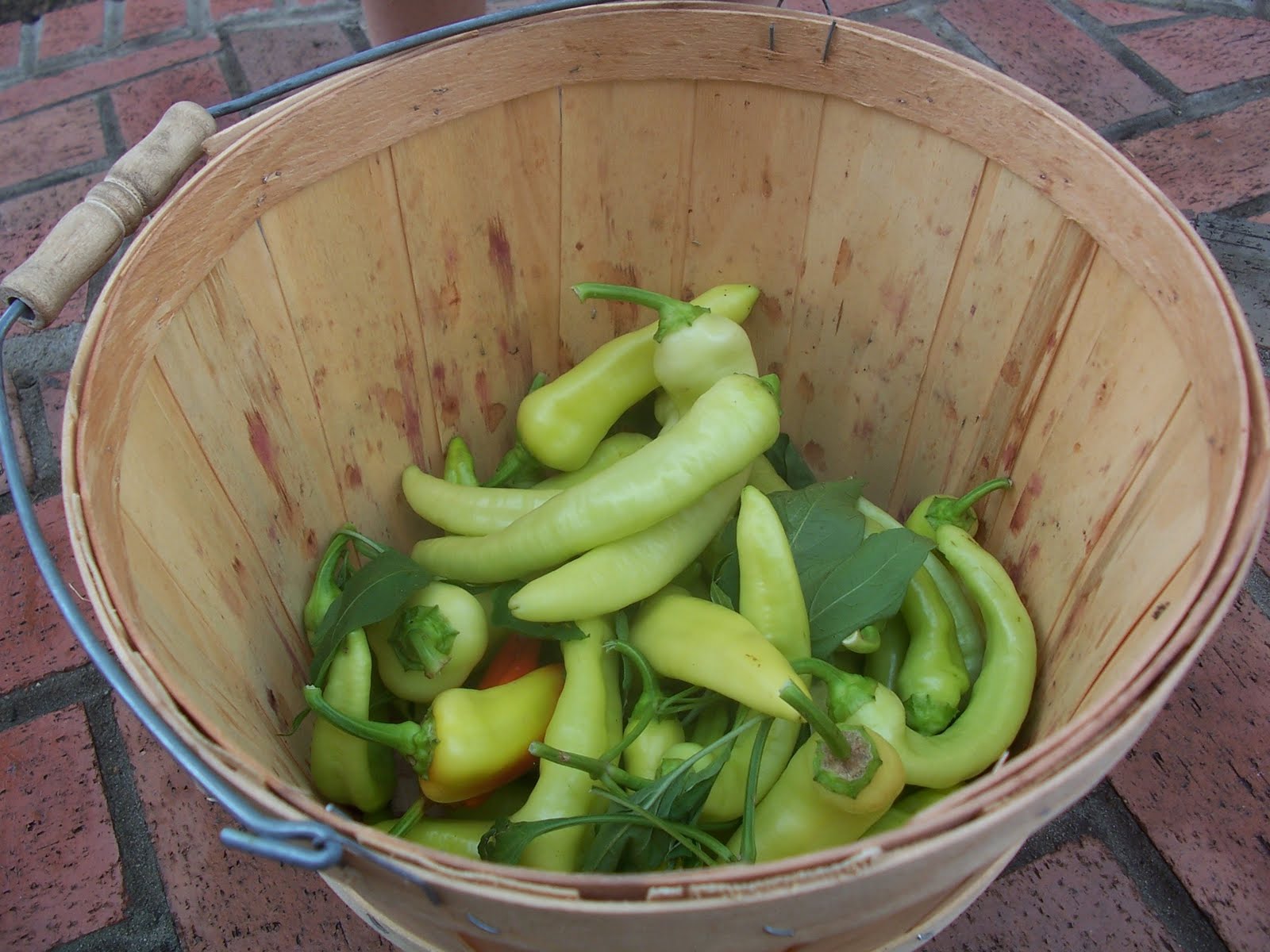
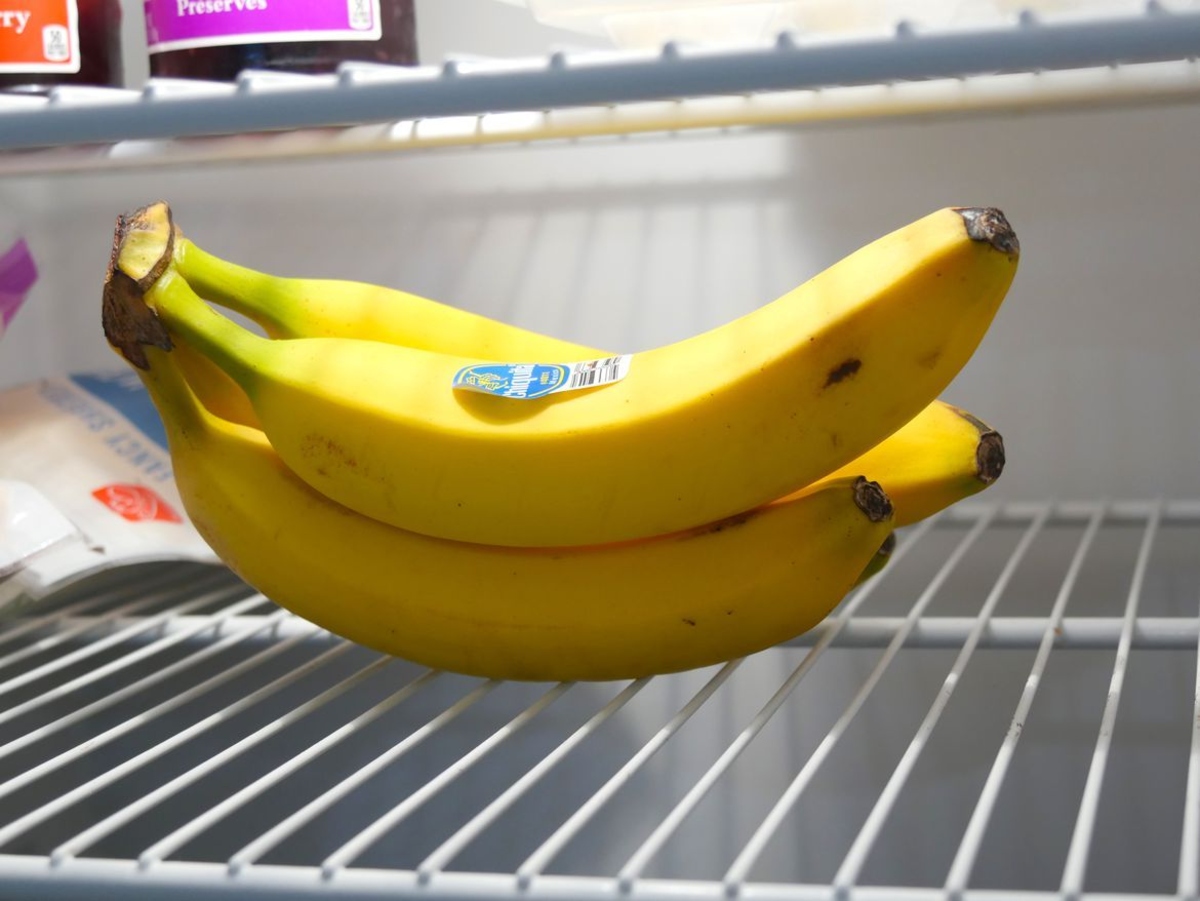
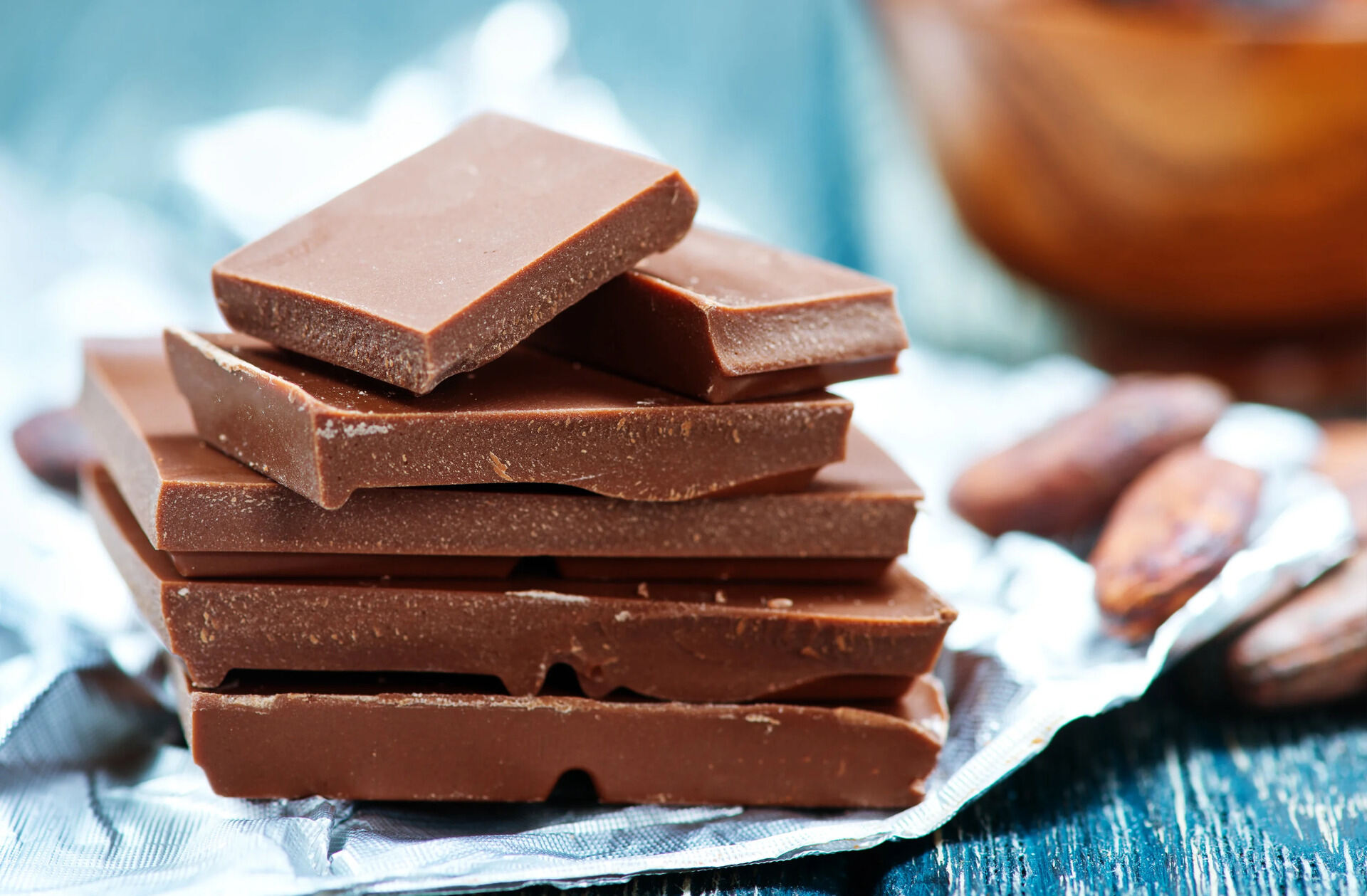
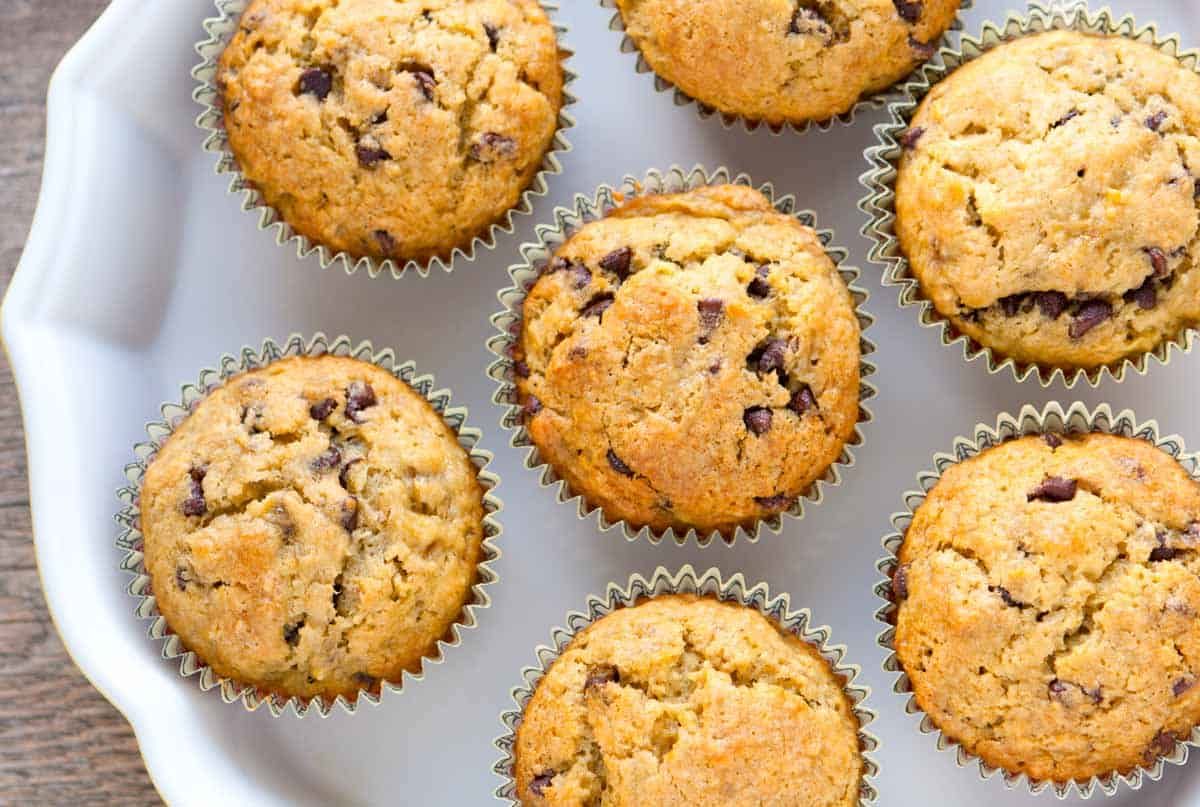
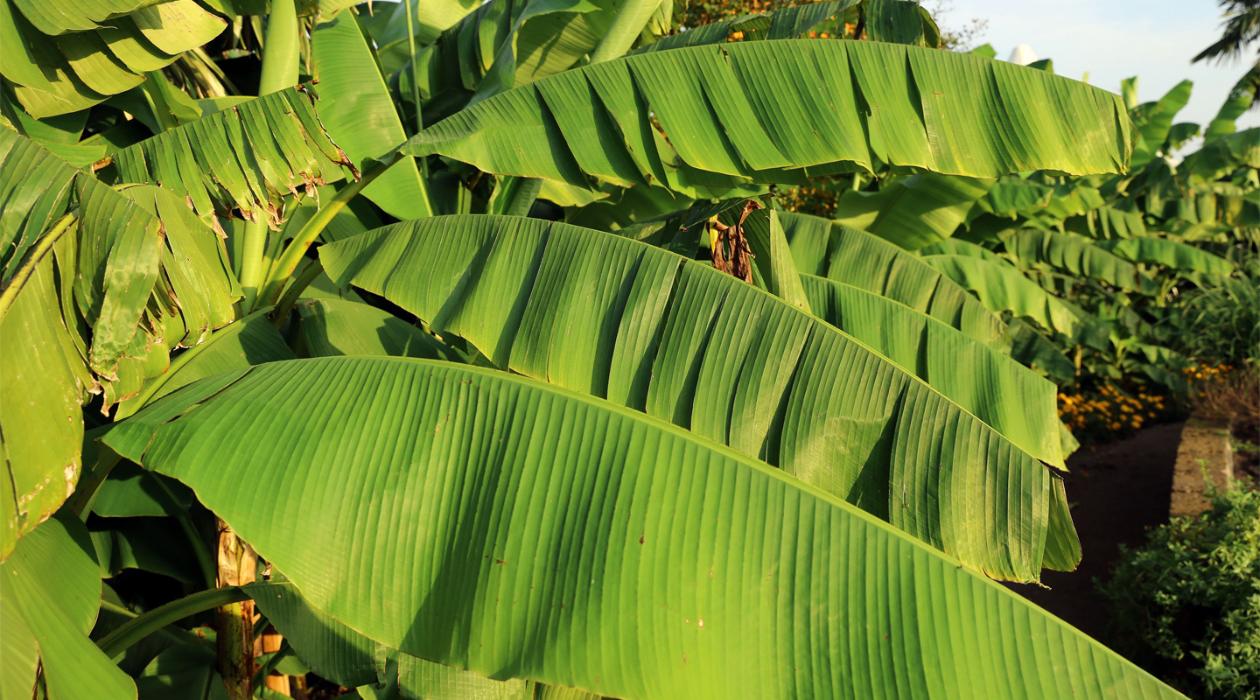
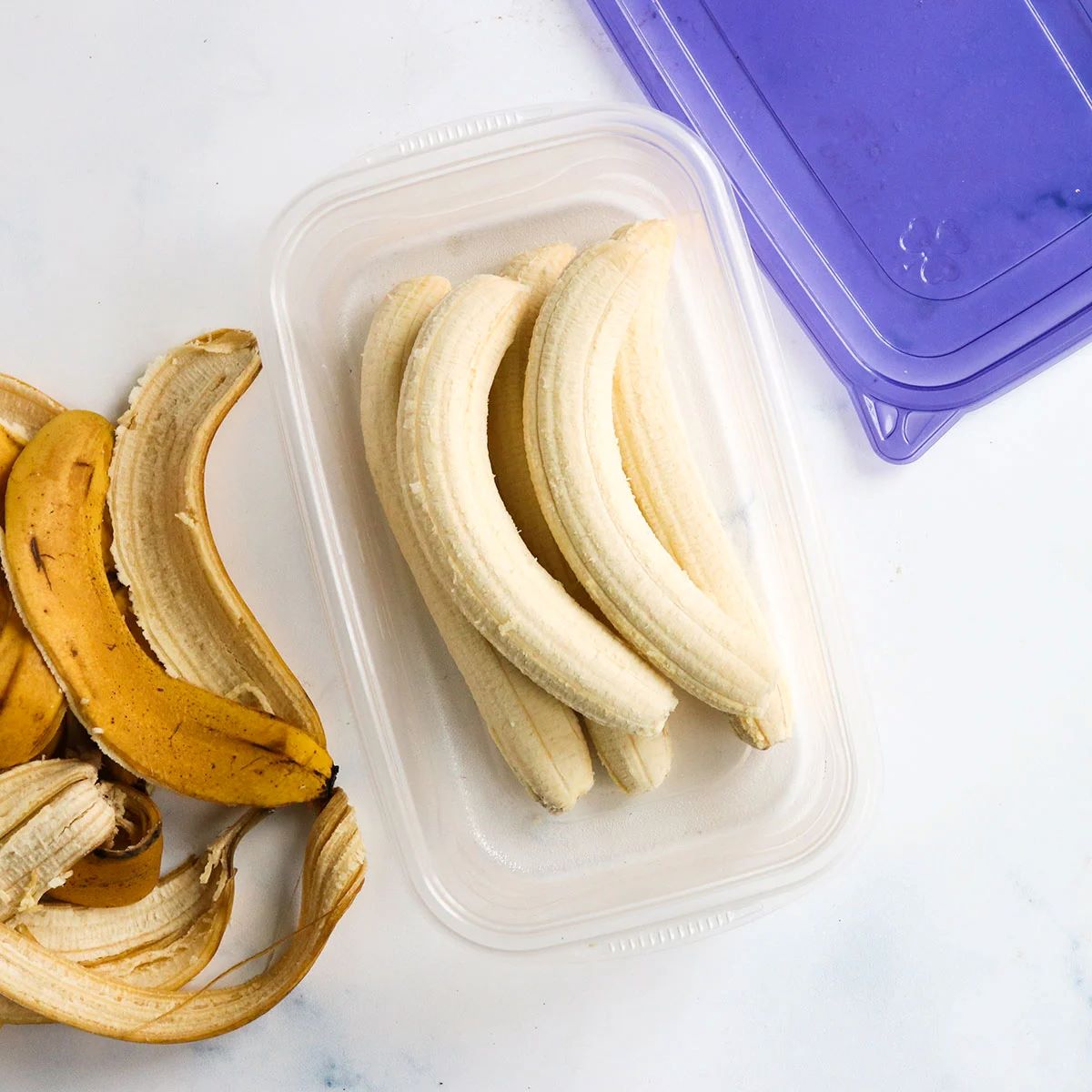
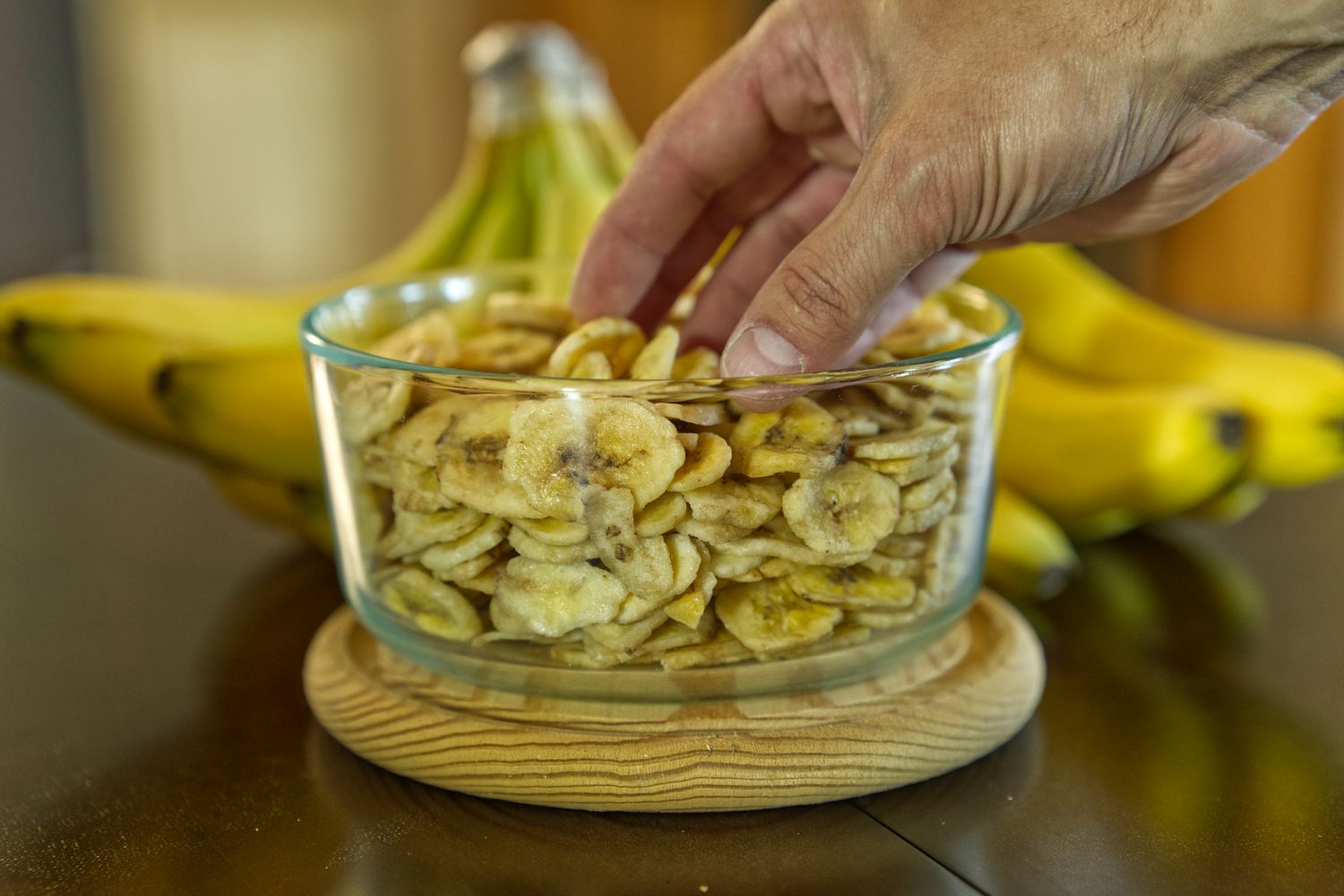
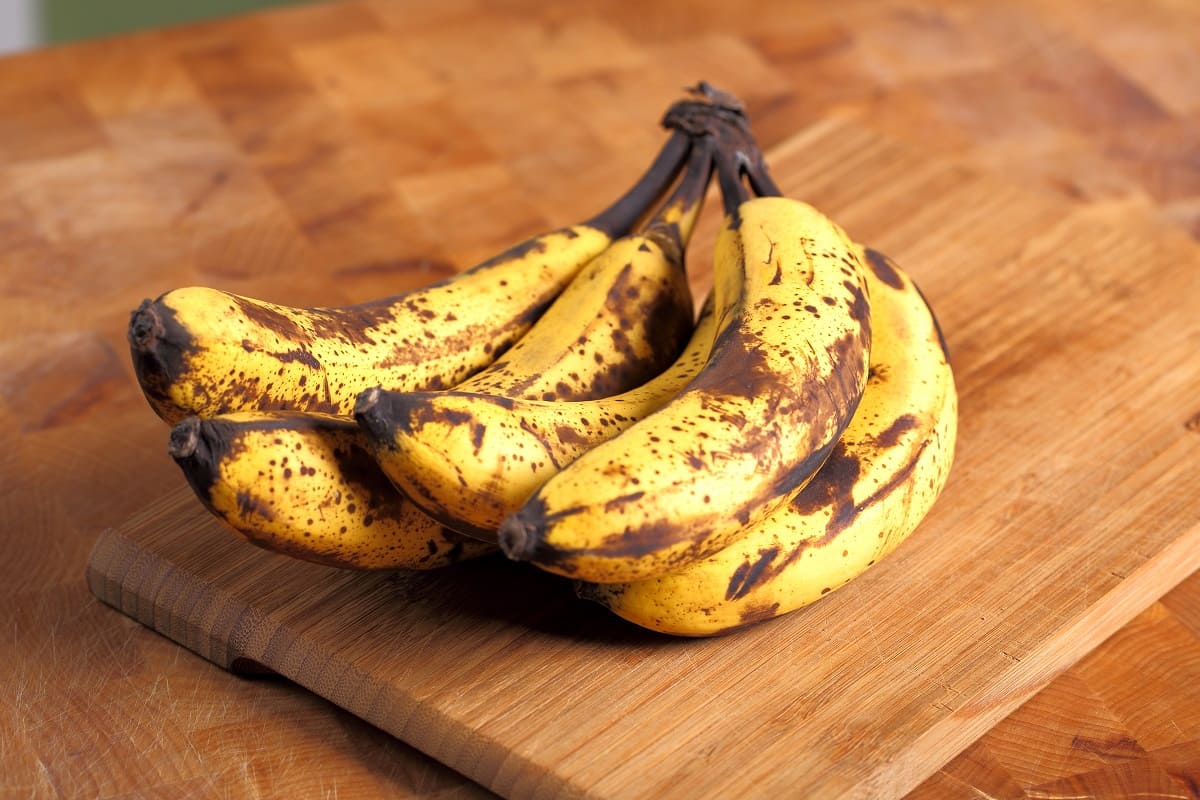

0 thoughts on “How To Store Bananas In Summer”